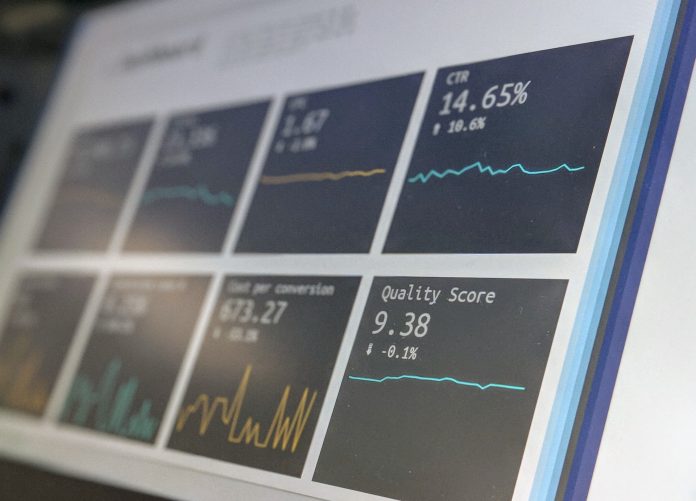David Mouko Elizaphan Omaanya is a director of several companies, including Uzapoint Ltd, Sav Tech in the United Arab Emirates, and Savannah Technologies in the UK. Elizaphan Mouko also has extensive experience of both the banking and fintech industries. This article will explore the topic of fintech in more detail, looking at the sector’s power to automate and improve financial services and how it can be leveraged to transform modern banking systems.
Over the course of the past decade, fintech companies have been busy disrupting virtually every aspect of the traditional banking industry, improving and enhancing financial services, making them faster and increasing access for individuals, companies and small business owners alike.
Many modern banking applications have eliminated the need for customers to make frequent trips to the bank to make transactions in person, triggering high street bank closures. Today, people all around the world benefit from increased financial inclusivity, with mobile phone apps and online services enabling bank customers to save, borrow and transfer money in seconds at any time of the day or night.
Traditional banks offer a variety of different financial services under one roof, including personal savings, wealth management, investment products and business accounts. In the past, the role of high street banks was to provide loans and credit. Even in an age of increasing digital options, high street banks still exist primarily to serve this function. However, as part of ongoing efforts to speed up and keep pace with their online counterparts, the vast majority of traditional banks have embraced online banking.
Although modern banks still operate bricks-and-mortar locations, these have shrunk in number considerably over the last 10 years. Operating physical locations comes at a cost, which is invariably passed on to the customer. The success of the high street bank model is dependent on modern customers and the types of interactions and experiences they are seeking.
With online banking being such an integral component in modern life, many people are surprised to note that internet-only banking actually dates back to 1995, albeit with a much more restrictive and cumbersome model than enjoyed today. The first digital banks demonstrated that it was possible to manage money in a more efficient and cost-effective way, rewarding customers who were prepared to try out this new service with reduced fees and impressive interest rates on deposit accounts due to the lack of overheads.
As technology advanced, the digital banking sector has come on in leaps and bounds – 75% of consumers have used a fintech transfer or service payment, according to a report by Ernst & Young. Meanwhile, data from Statista suggests that between 2018 and 2021, the number of fintech companies in the EMEA region almost tripled, with $254 billion invested globally in the sector in 2018 alone.
For a long time, customers simply had no alternative but the tolerate the lack of technology offered by traditional banks. However, with fintech on the rise, traditional financial institutions are coming under increasing pressure to deliver the innovative technology customer’s crave. The big question is, who will win: traditional banks or fintech? Or, will they join forces to pioneer a new financial services industry more aligned to the experiences modern consumers seek?



 Bitcoin
Bitcoin  Ethereum
Ethereum  Tether
Tether  XRP
XRP  Solana
Solana  USDC
USDC  TRON
TRON  Cardano
Cardano  Lido Staked Ether
Lido Staked Ether  Avalanche
Avalanche  Toncoin
Toncoin